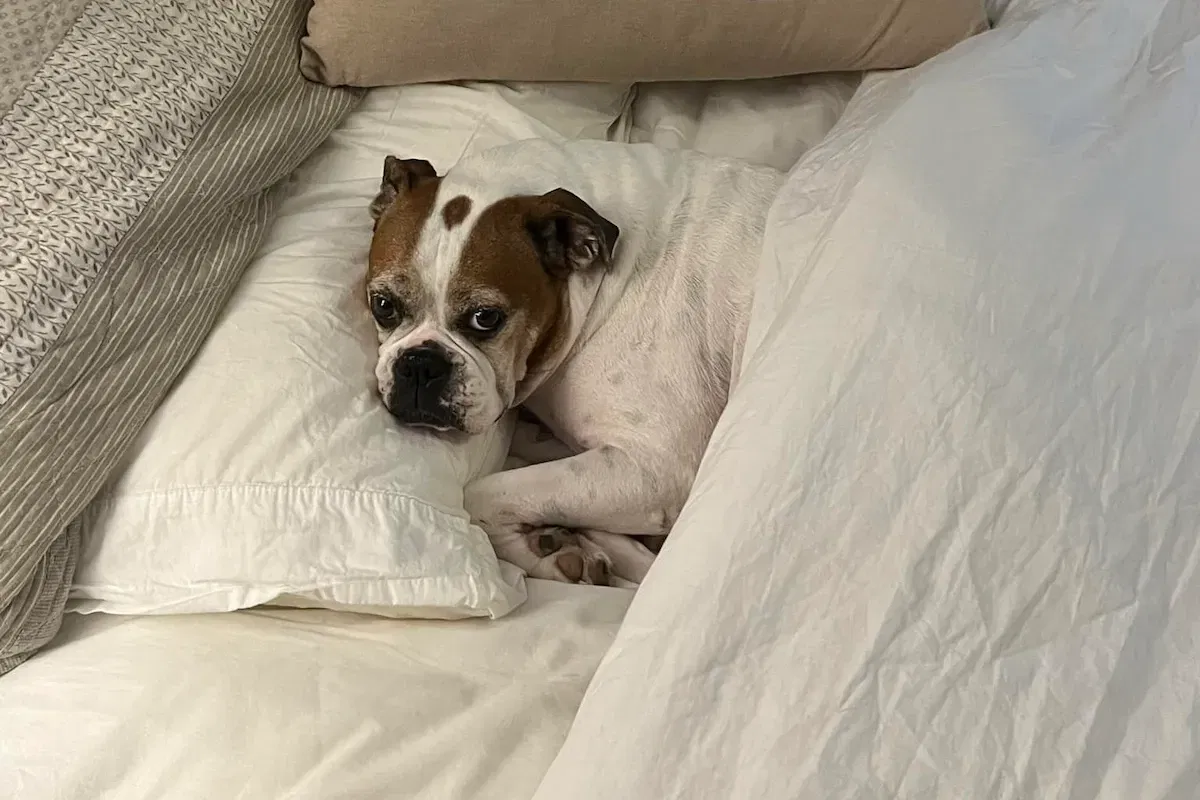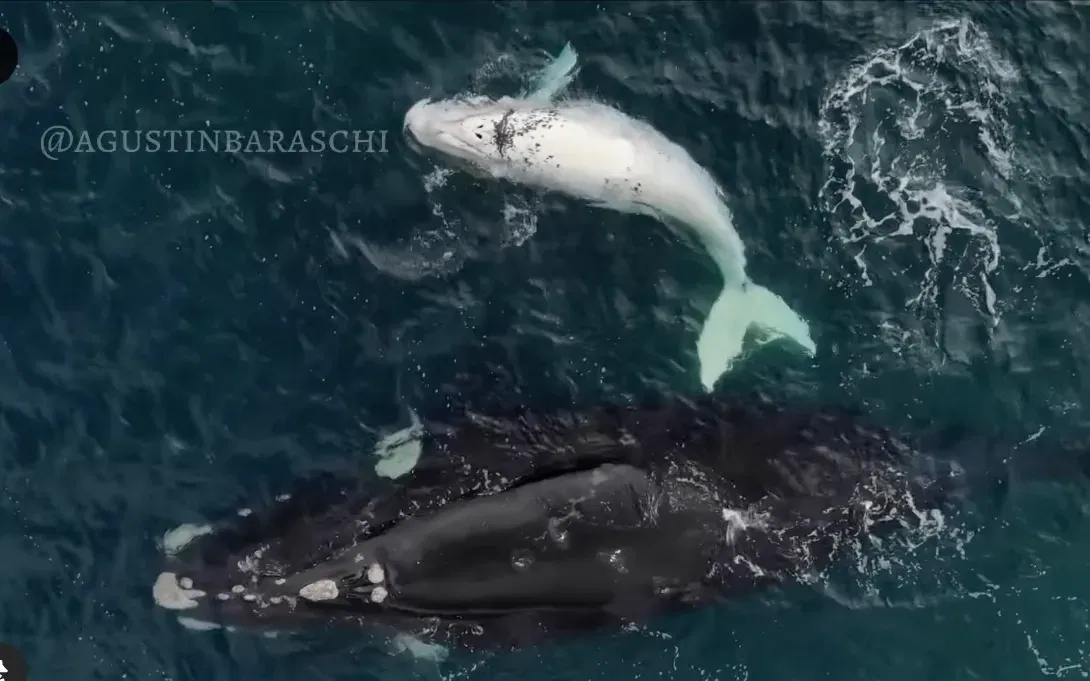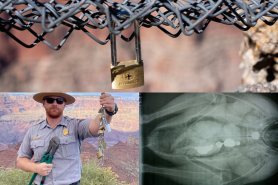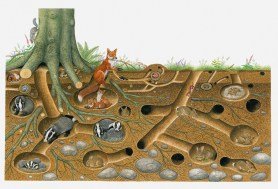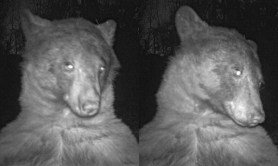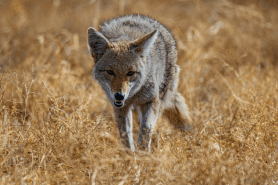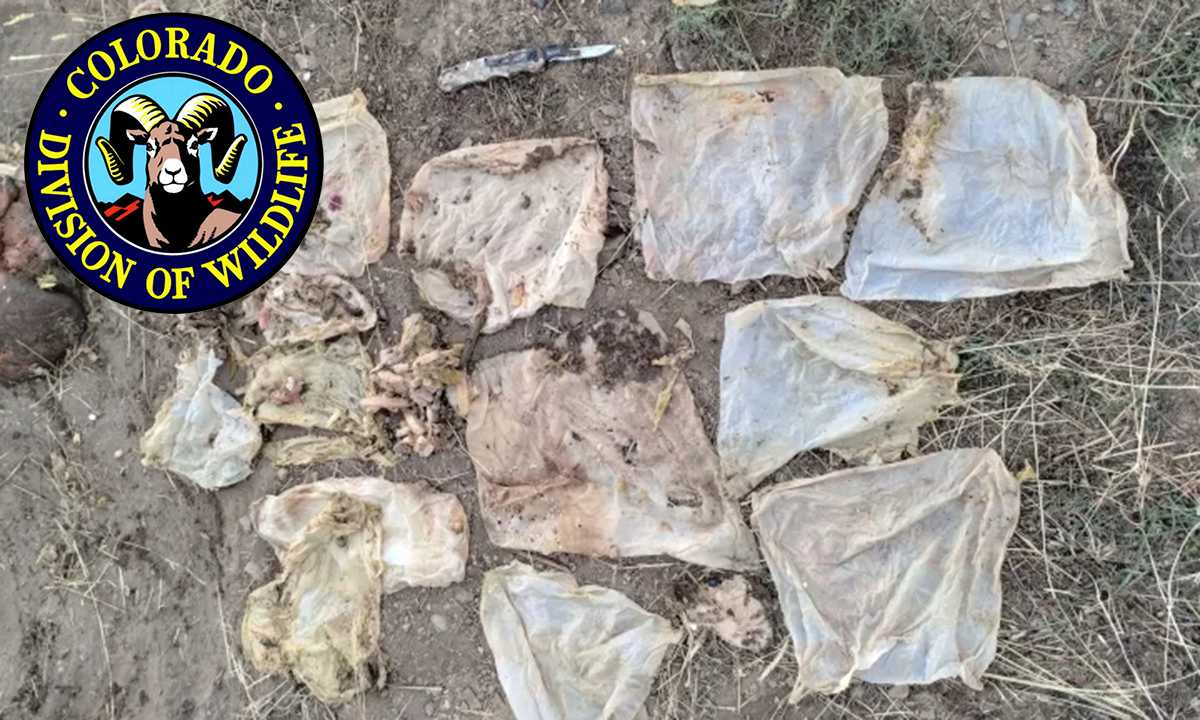

Authorities in Telluride, Colorado received reports of a sick bear and decided it was necessary to euthanize the suffering animal. Locals living in Telluride reported the bear could only walk about 20 to 30 yards before tiring and lying down to rest. The bear also had foam coming from its mouth, swollen eyes, and was clearly suffering.
Rachel Sralla, the area manager for Colorado Parks and Wildlife, told CNN, “We could not leave a sick bear like this knowing it was suffering and struggling to survive. That’s a horrific way to die.” The Colorado Parks and Wildlife stated they wished they didn’t have to make that call, but felt it was best for the sick bear.
After the bear was euthanized, the necropsy revealed that the bear had a suspicious blockage in its digestive system made up of plastic waste and trash, including “paper towels, wipes, plastic bag materials, and indigestible food content.” The bear’s body could not process the trash and, therefore, it was causing the bear to slowly die. The bear’s body could not process and receive nutrients, but the bear didn’t know that, so it kept eating.
Bears are incredibly smart creatures with vivid memories and can smell plastic from very far away, which they may often associate with the presence of food. They’ve been known to eat materials that they can’t digest alongside food, and this was unfortunately the case with this bear in Colorado.
The tragic but necessary euthanization of this bear is just one example of the many ways that plastic waste is harmful to wildlife. There is tons of plastic floating around the ocean, for instance, and many thousands of marine animals die each year from getting tangled or consuming plastic into their systems. Birds, like bears, also seek plastic in attempts to find discarded human food and often are harmed in the process.
There is always room to help prevent situations like this from occurring, like avoiding plastic products if you are out in nature, making sure to use biodegradable packaging, and cleaning up your trash. Contacting local authorities and initiating trash clean ups or voting for incentives that set laws to uphold plastic-free or recycling policies for businesses can also make a difference. If you live or visit bear country, make sure bears and other wildlife can’t access it by taking precautions, like using a bear box.
